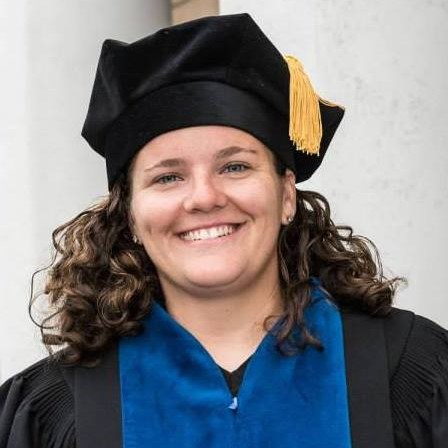Triple Bottom Line Focus
Master of Business Administration, Self‑Designed
The Self-Designed concentration enables you to create a customized concentration that’s exactly right for you. Designed to maximize your flexibility in choosing a course set that best supports your unique interests and educational goals, the concentration invites you to select any three courses from any of the other concentrations described below. This degree is offered by AU Online.
Program Overview
Students in our online MBA program are part of a diverse, motivated learning community that understands busy professionals and values providing a work-life balance. The program is structured in a series of 7-week courses, one course at a time, with one-week breaks in between.
- 33-credits. Students can earn their MBA in 22 months
- 100% online, asynchronous learning with 24/7 access to classwork and resources for convenience
- GMAT/GRE scores are not required, while accepted
Self Designed Concentration
A wide range of elective courses allow students to pursue their special interests in depth. Students can choose courses from the MHSA, MANM, and MBA programs.
Additional MBA Concentrations
Based on a foundation of robust business skills such as leading people and high-performance teams, financial management, and strategic marketing and communication, Antioch’s MBA helps you apply those skills to effectively inspire and build forward-thinking enterprises and solve socially complex problems.
Explore Our Anytime Open House
Get to know the MBA program on your own time through our Anytime Open House video. In 10 minutes, our faculty will walk you through all the program details and answer common questions from our information sessions.


“I was drawn to the program by Antioch’s core values of social and environmental justice but was unsure how much interaction to expect among classmates. I now know that’s not an issue and really appreciate the diverse perspectives that my classmates bring from their own lives and professional experiences. The course design promotes dialogue and discussion and enables students to get into perhaps an even deeper discussion than in a traditional classroom.”
Emily Sollie
Master of Business Administration, Leadership & Teams ’23
Faculty Spotlights

David Norgard, MDiv, MA, DMin
Teaching Faculty

Tera McIntosh, PhD
Affiliate Faculty

Ron Kapp, MD, PhD
Adjunct Faculty

Nicholas Bergan
Adjunct Faculty
Admissions
How to Apply
Antioch University particularly seeks qualified candidates who will contribute to building a diverse student population in gender, ethnicity, age, class, physical abilities, learning styles, sexual orientation, professional backgrounds, religious backgrounds, and community experiences.
Application Requirements
- Online Application (No Application fee)
- Bachelor’s degree from a regionally accredited college or university. Applicants who have not finished their degree must do so before the first day of their desired start term.
- Current resume.
- GMAT/GRE scores are accepted but not required.
- Essay: Please describe your personal and professional goals, why you are interested in this program, and how it will help you achieve your goals. Why is this the right time for you?
- Additional requirements for international students: Reading & Writing in English Proficiency Assessment (if applicable) or TOEFL score of 550 “paper-based”, 214 “computer-based”, and 79 “internet-based” or higher.
- Submit your application online, email to [email protected] or mail to:
Antioch University
Admissions Office
900 Dayton Street
Yellow Springs, Ohio 45387
All application materials submitted become part of an applicant’s file and cannot be returned.
Deadlines
| Semester | Application Deadlines | Start Date |
|---|---|---|
| Summer A | May 1 | May 6 |
| Summer B | June 25 | July 1 |
| Fall A | August 21 | August 26 |
| Fall B | October 18 | October 21 |
| Spring A | January 3 | January 6 |
| Spring B | February 28 | March 3 |
| Summer A 2025 | May 1 | May 5 |
| Summer B 2025 | June 25 | June 30 |
| Fall A 2025 | August 21 | August 25 |
| Fall B 2025 | October 18 | October 20 |
Cost and Aid
Tuition
| Program | Cost |
|---|---|
| Master in Human Services Administration (MHSA) | $614 per semester hour |
| MA in Nonprofit Management | $614 per semester hour |
| Master of Business Administration | $614 per semester hour |
| View the Cost of Attendance Components | |
Financial Aid
Many students finance their education through some form of financial aid. You may not be sure which federal, state, public, and private aid packages – such as loans, scholarships, and grants – are right for you. Our staff is here to help you, so you can focus on what’s most important: beginning your academic program.

Start your Antioch Journey
Take your next step – talk to our admissions team to find the right program for you.
